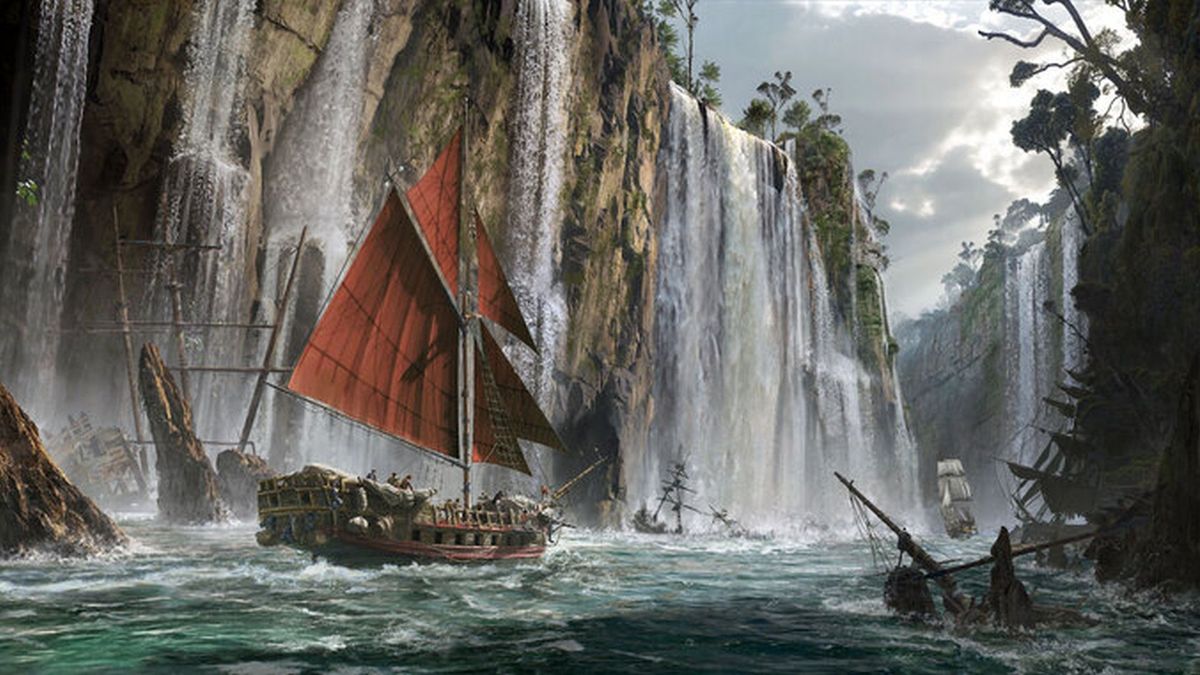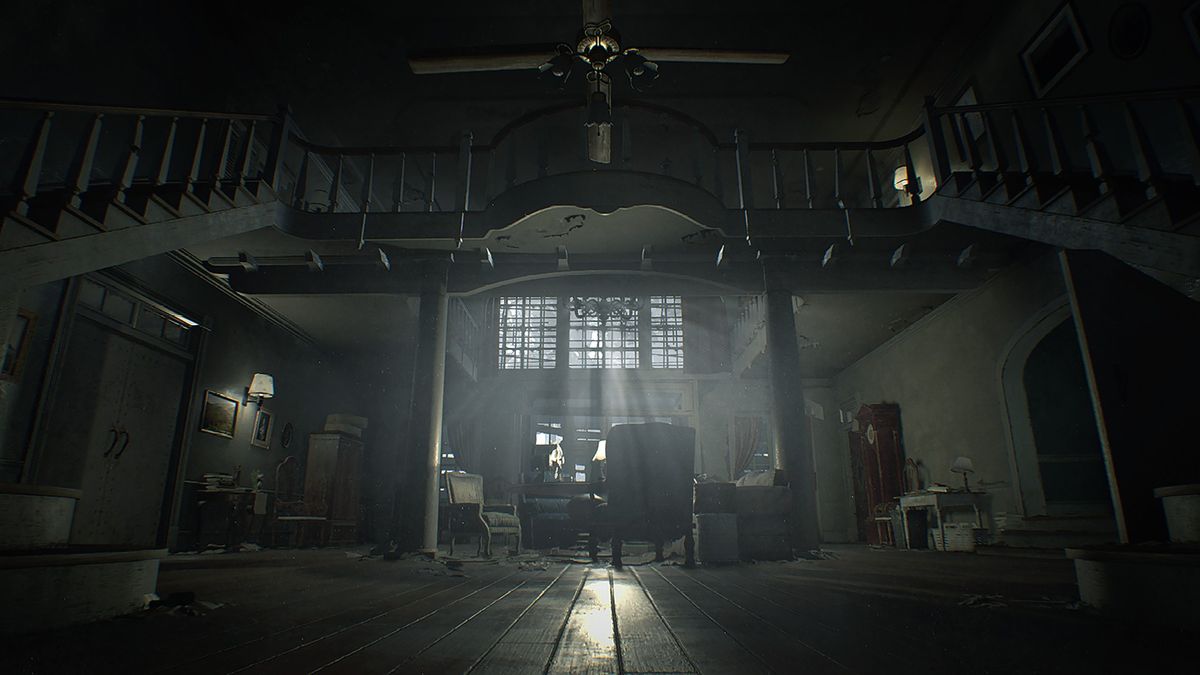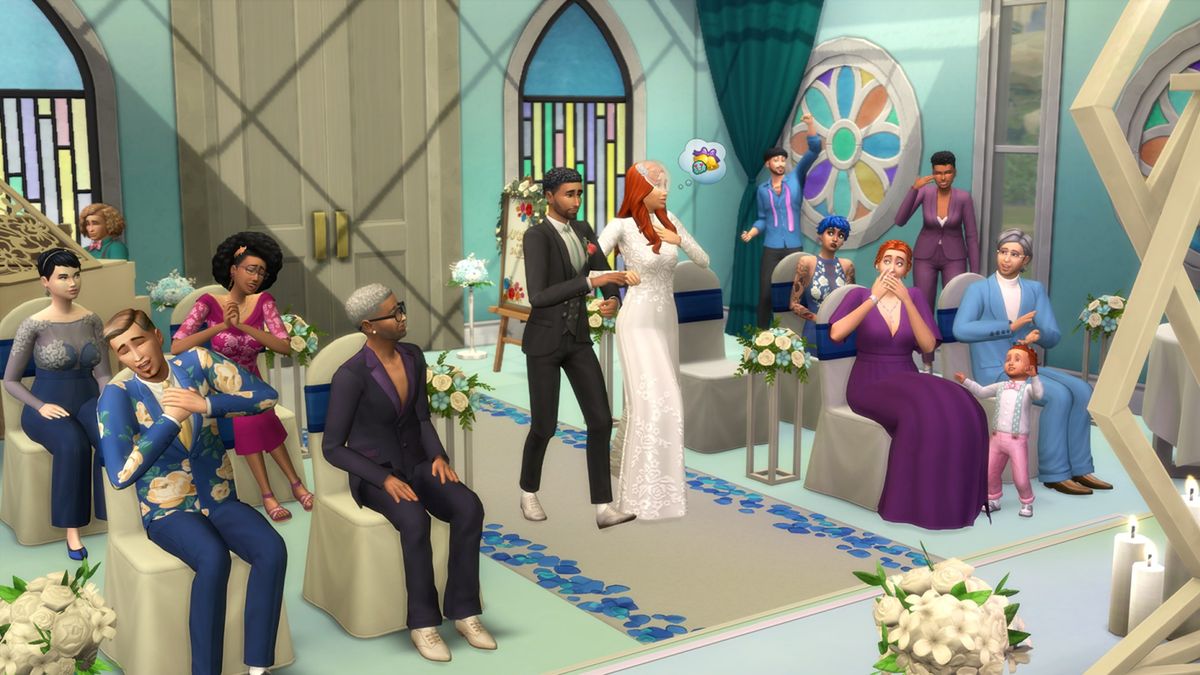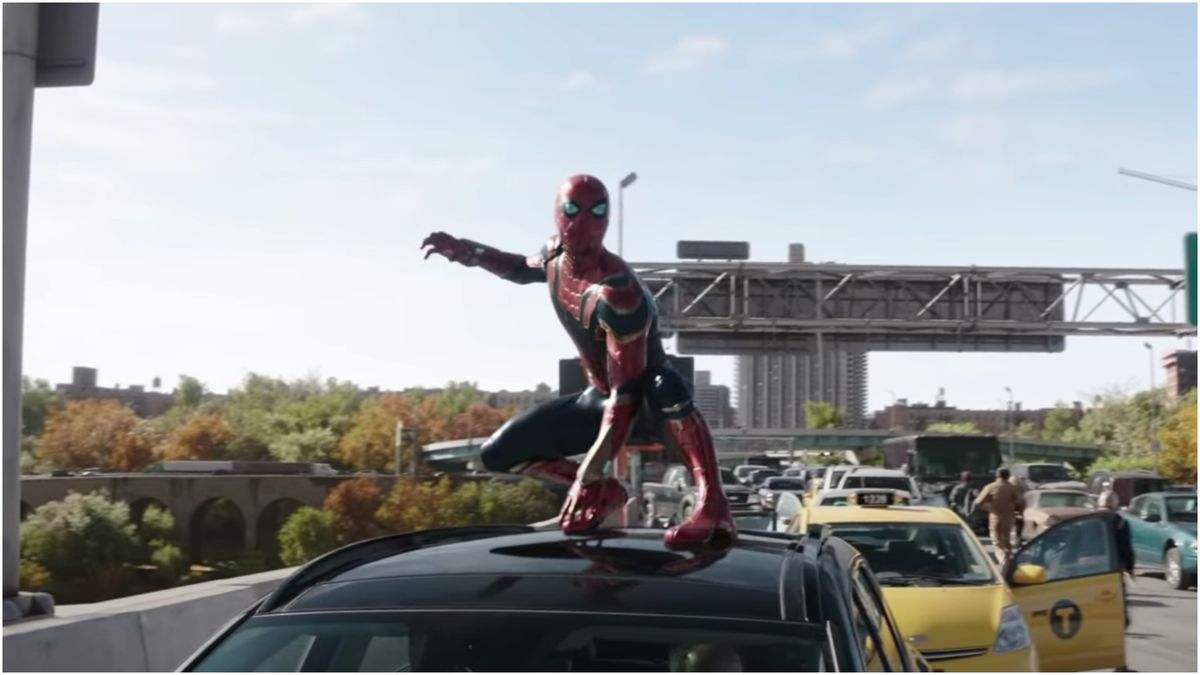I like to think that ‘Ico’ means ‘beautiful thing’ in some exotic foreign language. Because it is truly a thing of beauty. I’m not just talking about the dreamy fairytale vistas surveyed from the game’s many vertiginous parapets, or the golden radiance of the sun flooding through some towering window. No. Not just that. The beauty goes way beyond anything as cold and hard-coded as graphics or technical spuffery. The sentiment is beautiful. The mood is beautiful. The emotion is beautiful. Yes. If there’s any game that makes me waffle like a French poet, it’s Ico.
The first I knew about this beautiful Team Ico developed platforming-adventure-puzzler was reading the review in Edge magazine. Issue 104, December 2001. The review consisted of some perfectly complimentary words and the number 8. And while these were fine tools of gentle persuasion, it was actually the screenshots on the page that made me think ‘Oh shit I absolutely have to play this game’. They looked magical and so distinctly unlike anything else that they completely captured my imagination. I knew it was an adventure I wanted to be part of. So I went and bought a PS2 and a copy of Ico.

Above: Here is a reconstruction of me falling in love with Ico a decade ago
>>>>BEWARE: INSANELY BIG SPOILERS You’ve got a friend in me
The source of all that nebulous talk of beauty comes mostly from the relationship between the game’s odd-couple, Ico and Yorda. Ico, a 12 year-old boy with horns growing out of his head, cast from his village and imprisoned in the huge ancient fortress. Yorda, a young girl held at the castle by her mother, the Queen, and so dainty that the ever-blowing wind threatens to carry her away at any moment. Together, they set out to escape.
From the very first moment that Ico grabs Yorda’s hand, I started caring about them. That’s all it took. A simple gesture of innocent intimacy between two lost children and I felt more compassion and emotional attachment than I ever have done since for John Marston or Marcus Fenix or Commander Shepard or Nathan Drake. I actually genuinely cared for these forsaken companions and what would happen to them.

Above: So beautiful *sniff*
Despite Yorda clearly being the eldest, Ico leads her around like a protective parent. He calls and beckons, always encouraging her. He’s the little kid playing at being the grown-up. He’s giving the frightened Yorda hope. And I always got the sense that Yorda felt safe around her fearless chaperon. He would keep her from harm, even though he had little more than a stick (which I always thought was fitting for Ico as the stick has always been the traditional playtime weapon substitute of choice for children).
Any moments when Ico and Yorda are apart always made me anxious. What if the castle’s enemies – shadowy spirits intent on capturing Yorda – appeared and I couldn’t reach her in time? Poor vulnerable Yorda, the embodiment of loneliness. I couldn’t let her down. These uneasy separations created an almost unbearable feeling of suspense. Every time the children were reunited I breathed a sigh of relief and got a lovely warm fuzziness in my heart.

Above: Yorda standing forlornly on her own makes me sad and nervous
The strength of the relationship is brilliantly realised when Ico and Yorda succeed in opening the gates to the castle and see the bridge stretching out to freedom before them. But as you lead them across, an ominous cut-scene kicks in. The Queen uses her magic to separate the two friends, the bridge divides and begins to retract. Yorda stuck on the castle side. Ico on the side that leads to freedom. When control is given back to the player, in that split-second decision, it never even occurred to me to abandon Yorda – to see what would happen if I just turned and legged it in the general direction of freedom. That’s because a) I’m not a cold-hearted dead inside bastard and, b) there was no way I was leaving Yorda behind.
- 1
- 2
Current page:
Page 1
 Game News Video Games Reviews & News
Game News Video Games Reviews & News



